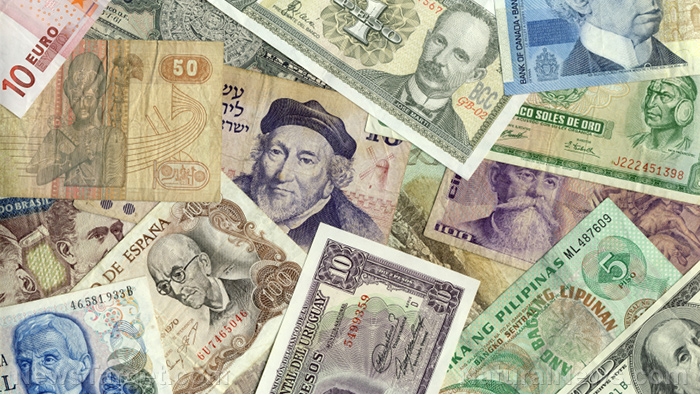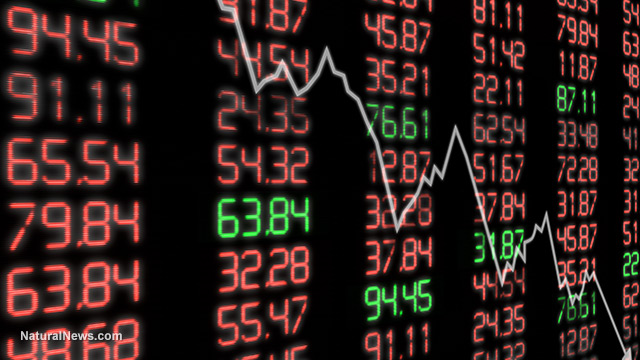Swiss National Bank posts stunning $143 billion loss
01/10/2023 / By Cassie B.

This week, the Swiss National Bank posted a staggering annual loss of 132 billion Swiss francs last year. This equals around $143 billion and marks the largest loss in its 116-year history.
Several factors contributed to the loss, including dropping stock and fixed income markets and a strengthening Swiss franc.
The provisional figure is a considerable reverse from 2021’s profit of 26 billion francs and far exceeded the country’s previous record loss of 23 billion francs recorded in 2015. The loss equates to around 18 percent of the country’s projected gross domestic product of more than 744 billion francs.
As a result of these losses, the national bank will not be making its normal payouts to the Swiss government and member states. This means that the country’s 26 administrative districts will have to adjust their spending plans.
It is also expected to impact payments to its shareholders. Unlike many other central banks, the Swiss National Bank is a joint-stock company that is publicly traded. Around half of its shares are currently held by institutions in the public sector, while the rest are held by private individuals and companies.
131 billion francs of these losses are being attributed to its foreign currency positions, while 1 billion are being pinned on Swiss franc positions due to the currency’s strong gains as investors turned to this supposed safe haven during European volatility.
However, there was some good news as the bank’s gold holdings, which equaled 1,040 tons at the end of 2021, managed to gain 400 million francs in value throughout 2022.
The Swiss franc has been trading at a level of above 1 euro since June. It only reached this level briefly in the past, back in 2015.
In December, the Swiss National Bank increased its interest rates for the third time in 2022, pushing them up 1 percent with the aim of countering inflation of 3 percent. However, it is important to note that the country’s inflation rate is still significantly lower than the overall rate for the eurozone of more than 10 percent.
Experts believe more interest rate hikes could be coming
Speaking to CNBC, the chief economist of the Swiss bank J. Safra Sarasin, Karsten Junius, said that the Swiss central bank’s losses are unlikely to impact its monetary policy and believes that there will be a further 100 basis points in hikes this year.
He commented: “While the SNB will also need some time to rebuild its valuation reserves it will take less time to show profits than in the case of the European Central Bank.
“While both central banks are structurally profitable as they can renumerate their liabilities at a lower rate than the market, the SNB will earn higher market interest this year already while the ECB is stuck with its low yielding bonds in its book and will be unprofitable for many years.”
Detailed annual figures will be released by the Swiss National Bank in March.
Meanwhile, the U.S. dollar has dropped to a seven-month low versus the euro. The euro hit $1.0747, which marked its highest level against the dollar since June. The Swiss franc climbed to $0.92 in an increase of 0.82 percent, which is its strongest showing since spring.
Sources for this article include:
Submit a correction >>
Tagged Under:
bubble, collapse, debt bomb, debt collapse, economic collapse, finance, inflation, interest rates, market crash, money supply, national debt, pensions, risk, Swiss National Bank
This article may contain statements that reflect the opinion of the author
RECENT NEWS & ARTICLES
COPYRIGHT © 2020 Debtbomb.news
All content posted on this site is protected under Free Speech. Debtbomb.news is not responsible for content written by contributing authors. The information on this site is provided for educational and entertainment purposes only. It is not intended as a substitute for professional advice of any kind. Debtbomb.news assumes no responsibility for the use or misuse of this material. All trademarks, registered trademarks and service marks mentioned on this site are the property of their respective owners.



















